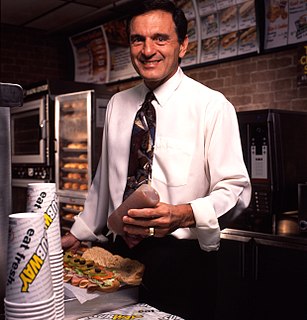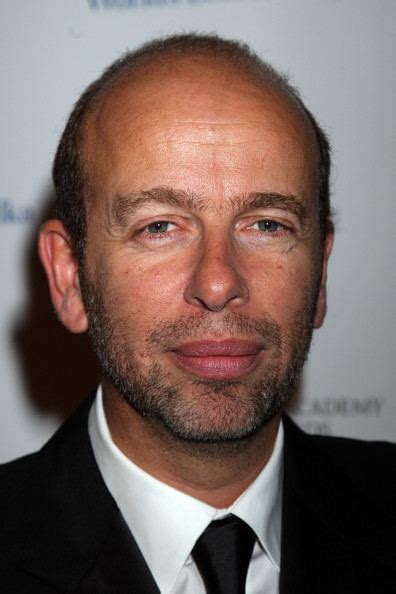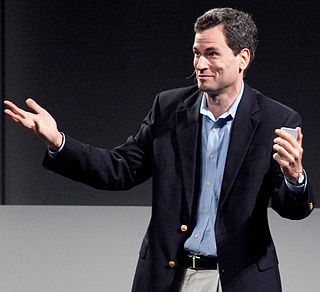A Quote by Ted Sarandos
To me, cinema is not a movie or a TV screen, and it's not a seat in a building versus one in your living room. It's the art of motion pictures.
Related Quotes
It [TV] is the cancer of film. It's why people can't be educated to film. In the late '60s, we expected to see a movie or two every week and be stimulated, excited and inspired. And we did. Every week after week. Antonioni, Goddard, Truffaut - this endless list of people. And then comes television and home video. I know how to work exactly for the big screen, but it doesn't matter what I think about the art of movie-making versus TV.
Whether people are making narrative cinema or experimental cinematic movie experiences, they all want the biggest screen possible and the quietest room and the most attention to every nuance and detail. Obviously, most people will not see the movie that way, but I can still hope for it, and I'd like to think we will be able to pull it off this time.
Remarkably, there's no green screen in 'Leaves of Grass' movie. There is motion control. Technically, there were all sorts of challenges, but really the soul of it is Edward Norton talent. You write these characters when you write a movie, and all you can hope for or depend on is that your actors will elevate the material.
The biggest surprise watching video on the tiny, 2.5-inch screen (320 by 240 pixels) is completely immersive. Three unexpected factors are at work. First, the picture itself is sharp and vivid, with crisp action that never smears the screen is noticeably brighter than on previous iPods. Second, because the audio is piped directly into your ear sockets, it has much higher fidelity and presence than most peoples TV sets. Finally, remember that a 2.5-inch screen a foot from your face fills as much of your vision as a much larger screen thats across the room.
Why do people go to the cinema? What takes them into a darkened room where, for two hours, they watch the play of shadows on a sheet? The search for entertainment? The need for a kind of drug? ..I think that what a person normally goes to the cinema for is time: for time lost or spent or not yet had. He goes there for living experience; for cinema, like no other art, widens, enhances and concentrates a person’s experience-and not only enhances it but makes it longer, significantly longer. That is the power of cinema: ‘stars’, story-lines and entertainment have nothing to do with it.


































